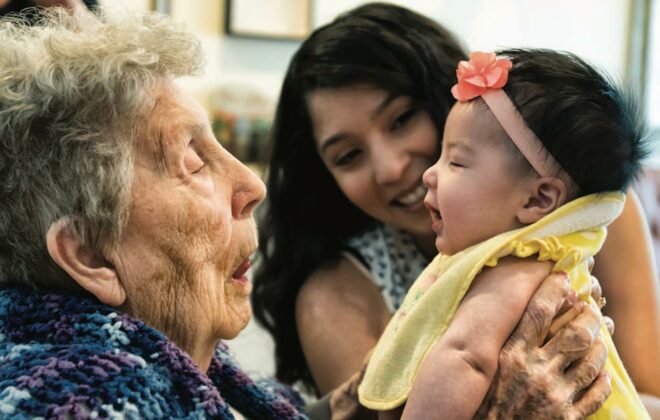ISAIAH Hits Over 10,000 Engagement Conversations with Minn. Voters
Conversations about raising minimum wage, fighting poverty profiteering, paid family leave,
affordable childcare, Get Out the Vote are set to hit over 12,000 by election day
Candidate forums hosted to reflect the community concerns on these issues
MINNEAPOLIS and ST. PAUL, Minn. Nov. 4, 2016 – ISAIAH, a faith-based, nonprofit dedicated to economic and racial justice, has exceeded their initial benchmark goal of 10,000 voter engagement conversations and anticipates that number climbing to over 12,000 by election day. These door-to-door conversations have spanned across the state and focus on issues that, while not on this election ballot, largely affect the daily lives of both working and impoverished families. Many of these issues include raising the minimum wage, fighting poverty profiteering, having paid family leave and affordable childcare, as well as general Get Out the Vote efforts.
Additionally, numerous candidate forums have been simultaneously hosted by ISAIAH across the state with the various legislative contenders this election season to reiterate the values of faith-based communities as well as the greater community. Those elected into office by the community should reflect the tenets of those they serve. This primarily includes valuing people over profits and displaying this high value of people by voting in favor of policies and laws that will benefit the community.
Mary Jo Malecha, member of Saint Joan of Arc Catholic Community and ISAIAH leader, believes community and voter engagement is a way to exercise her faith and connect to people. “One of the reasons that this moved me is because in this day of harsh political rhetoric and soundbites, it was meaningful to have an actual conversation about what matters to people and what will better their lives,” says Malecha.
ISAIAH’s efforts are about making sure all voices matter in an election happening in a political climate where partisan attacks take precedent over what matters to families. They are also about making sure that people in the community stay engaged after the election, holding elected officials and corporate leaders accountable to creating healthy communities by putting families first. It is being realized that the public voice is largely in favor of actions like raising the minimum wage to $15 per hour, having paid family sick time and ending the immoral actions of poverty profiteers. Minnesotans that have signed petitions and shared their stories of struggle in this economic climate will be contacted and connected to channels that will further the movement toward a just society.
Categories
- Announcements (10)
- Childcare (8)
- Community Safety (10)
- Criminal Justice (18)
- Democracy (28)
- Economy & Jobs (27)
- Education (16)
- Environment (11)
- Faith (15)
- Health (22)
- Housing (30)
- Immigration (31)
- Islam (11)
- Newsletter (35)
- One Body (2)
- Other Issue Work (14)
- Public Safety (3)
- Report (7)
- Transit (19)
- Uncategorized (40)
- Working Families (18)


